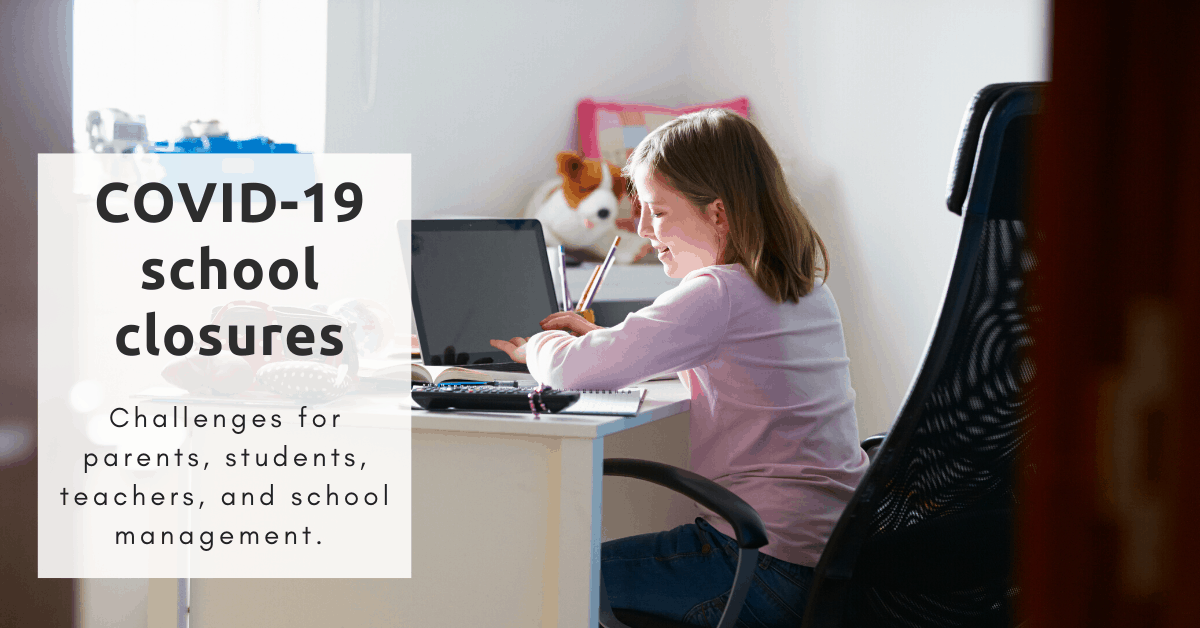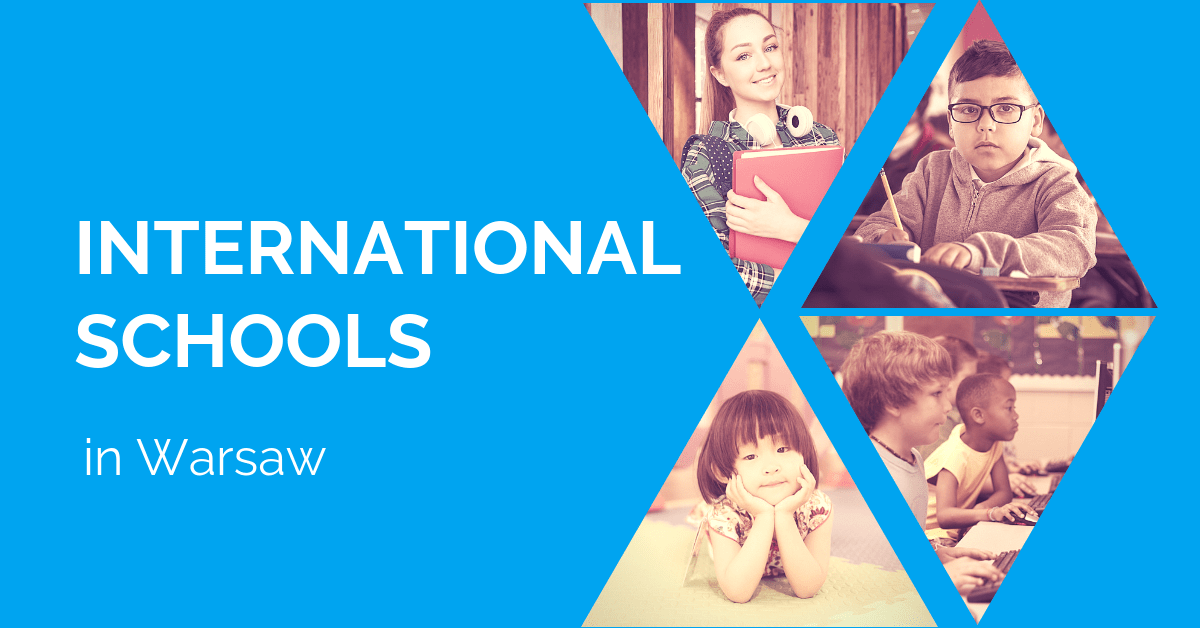Schools and families during the coronavirus pandemic: challenges of online education

Schools across Poland are closed and have moved to online education. They are offering virtual classrooms where students can attend live classes, videos prepared by the teachers or assignments for students to do at home.
The world has never seen this many children out of school at the same time and the COVID-19 school closures present numerous challenges and concerns. They affect all sides of the educational process – students, parents, school administration, and teachers. And since this is an unprecedented emergency, it requires extraordinary efforts and extraordinary empathy to achieve mutual understanding. For the sake of our future. For the sake of our kids.
There are many questions and concerns to be addressed:
- What’s a parent’s view of school closures?
- What challenges do schools face today?
- How do teachers deal with this situation?
- And finally – what will this unprecedented situation teach us?
Below you will find some thoughts and observations regarding today’s educational situation. To end on a positive note, the article concludes with comments from the leaders of international schools in Warsaw about the positives resulting from school closures which will have an impact on the future of education.
School closure from a family perspective
Meet the Warsaw family with three children, staying at home since March 12. The oldest of them – 15-year-old Adam – starts his (home) school day at 8.15 am. He logs in to an online platform and connects to the first class this morning according to his regular school agenda. He’s busy most of the day. Virtual distant learning is not so distant for him – Adam is in his element with everything going online – meetings, tests, projects, social interactions.
Meanwhile, his 6-year-old sister Natalie gets up around 7 am, falling asleep no sooner than at 9 pm. 14 (f-o-u-r-t-e-e-n) hours to play/to be entertained by her parents… Hurray! Natalie has a 1-hour online meeting/class twice a day. She is thrilled to see her teachers and friends on the screen. As soon as the online session ends, Natalie approaches her working-from-home parents asking one of two questions: I’m bored, what’s next? What do we have for lunch today?
Enter the youngest sibling – a 2-year-old Lucas. A few months ago he started going to a preschool. The adjustment period was not easy. But finally – thanks to the cooperation of parents and teachers who put their heart and soul into it – little Lucas got used to and liked his preschool and the new routine. Now Lucas is back at home.
This is how school closure looks from a family perspective – the younger the child, the more difficult the situation for parents. The main concern and challenge are how to facilitate distance learning with small children and work from home at the same time?
And how does it look from the point of view of schools and teachers?
Schools – just like the parents – got no notice, no prep time. In just a few working days schools went from full operations to the cancelation of events and after school activities, and eventually to complete closure. The children are still at school on Wednesday and the next day the school management is told to “continue education” but online… We can only imagine the pressure and a sense of urgency.
Online teaching takes time, preparation, planning. Transitioning to online schools cannot happen overnight. And for sure it can happen only with strong support from the parents and their confidence in schools. What we face now it’s remote teaching in an emergency situation. It’s difficult to embrace for parents who are stressed and overwhelmed by the current situation (at home with kids, trying to do some – any – work!). The expectations (of all parties! teachers’ expectations for their students, parents for schools, schools for teachers) should be adopted to these unprecedented circumstances.
Teachers are facing their own personal challenges too. They have been expected to transfer decades-old practices to digital. Overnight. They are often working from home, conducting online classes with their own little children running around, sharing devices with other family members. The least we can do is to support them showing empathy and understanding when things don’t go according to plan.
On a positive note…
After a few weeks of online education, don’t we all have a growing feeling that technology can’t replace teachers and human interaction? Learning has always been a social process and it will not be 100% replaced with online tools. When schools finally return to normality, they will not be the same. After this unprecedented experience (online tools crash course!) teachers will implement in the future more technology into their classrooms, which will bring positive impact for all parties – school leaders, teachers, parents, and last but not least – for the students. The technology shift is inevitable and now it’s going fast forward.
Additionally, those teachers (and parents) who have been more resistant to incorporating technology into everyday school life, have been surprised by what can be achieved (given the circumstances) with online tools and how effective they can be.
Lessons learned from COVID-19 school closures? Appreciation for the teachers, human connection and what’s happening in the classroom. Awareness and acceptance that schools of the future will rely more and more on technology and e-tools.
We’ve asked the leaders of international schools in Warsaw about the positives resulting from the current situation which will be significant in the future:
Mark Moore, Headmaster, Akademeia High School. More about their switch to virtual learning.
Jon Zurfluh, Director, American School of Warsaw. More about their switch to virtual learning.
Alun Yorath, Principal, The British School Warsaw. More about their switch to virtual learning.
Joanna Rechnio-Haciuk, Preschool Principal, The Canadian School of Warsaw. More about their switch to virtual learning.
Anna Maliszewska, School Founder, International Trilingual School of Warsaw. More about their switch to virtual learning.
Frédéric Bizot, School Principal, Lycée Français de Varsovie. More about their switch to virtual learning.
Hanna Buśkiewicz-Piskorska, Director, Monnet International School. More about their switch to virtual learning.
Kamila Wilczyńska, Headteacher, Polish British Academy of Warsaw. More about their switch to virtual learning.
Gary Lycett, Head of Admissions, Thames British School Warsaw. More about their switch to virtual learning.

